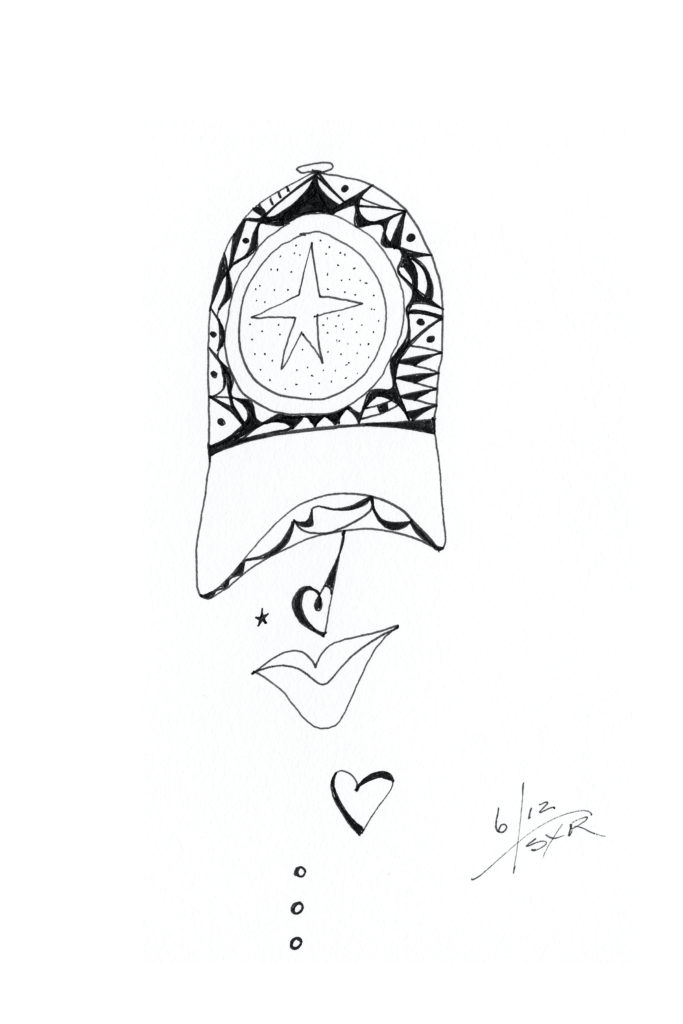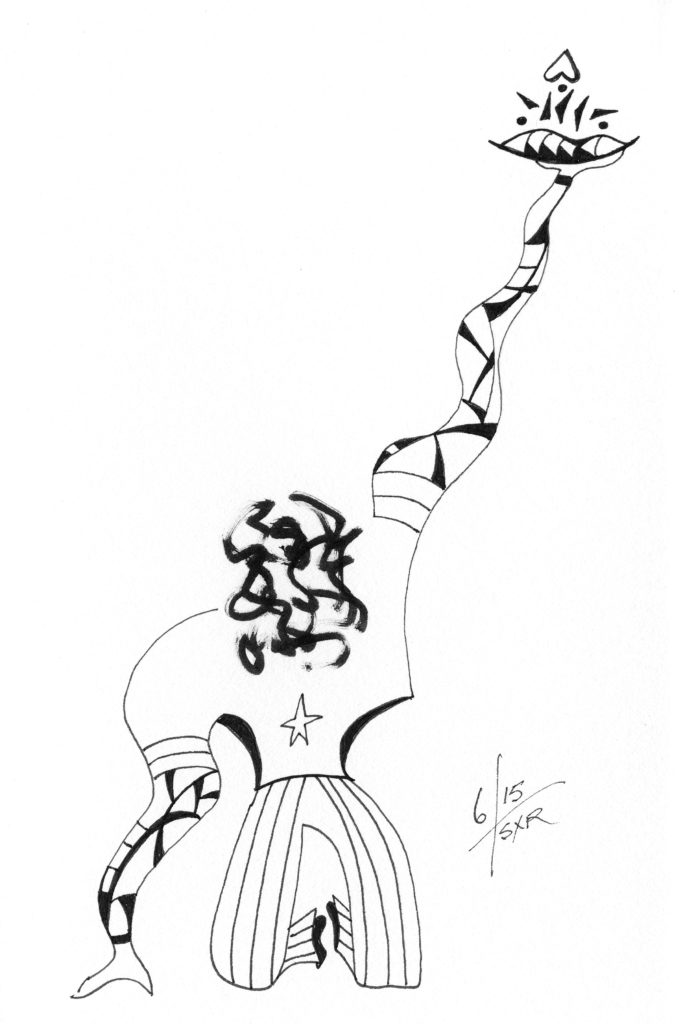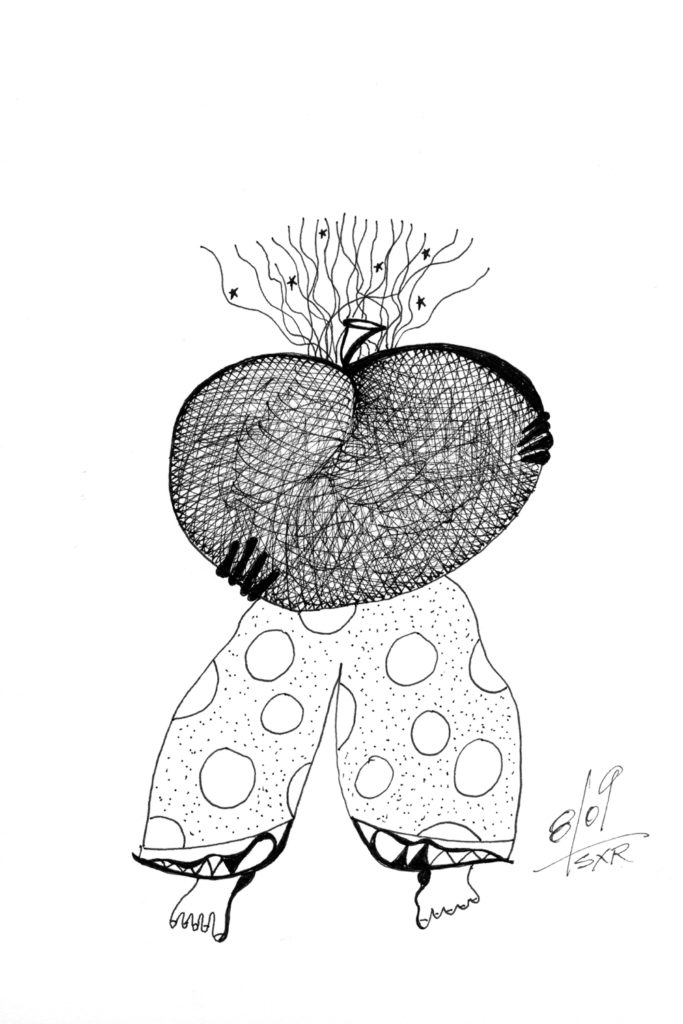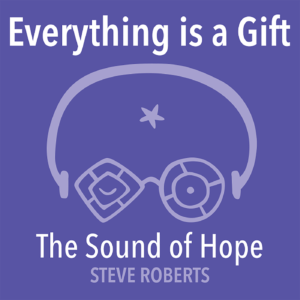
There’s a powerful lesson in the story of Nobel Prize winner, James Watson, and his opinion that black people are intrinsically less intelligent than whites. As harmful as Dr. Watson’s views on race may be, more harmful is the anger directed at him for holding those views.
In 1962, Dr. Watson shared the Nobel Prize for describing the double-helix structure of DNA, making him a founder of modern genetics. Forty-five years later, in 2007, he told a British journalist that he was “inherently gloomy about the prospect of Africa,” because, “all our social policies are based on the fact that their intelligence is the same as ours, whereas all the testing says, not really.”
Watson recently affirmed his provocative contention in a documentary portrait of him aired on PBS. A New York Times article about the program included this statement: “…and scientists routinely excoriate Dr. Watson when his name surfaces on social media.”
That’s a loaded verb, excoriate. It means “to censure scathingly.” Synonyms include: abuse, assail, bash, blast, attack, and savage. Read More








